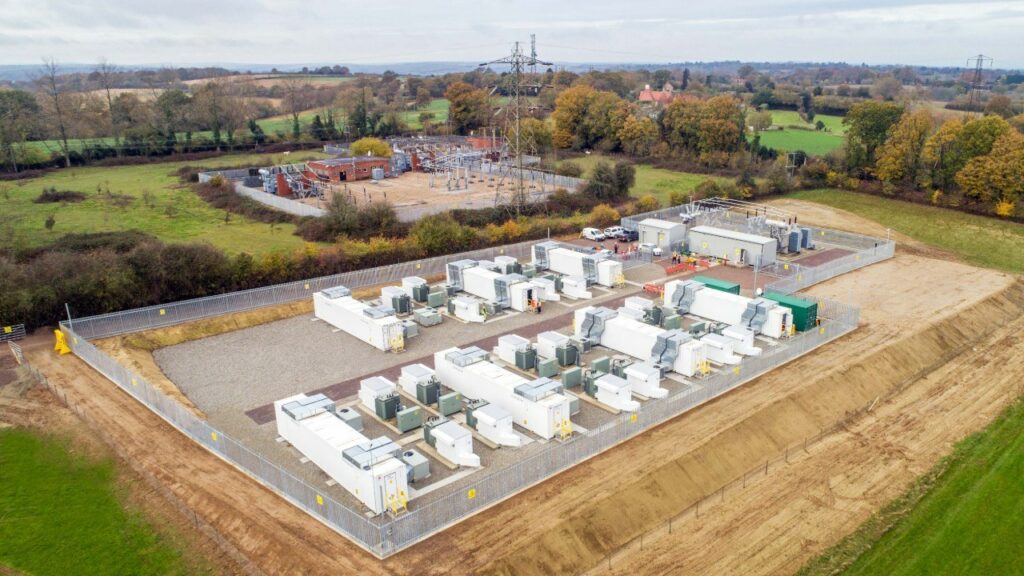Gresham House Energy Storage Fund has partnered with Origami and Habitat Energy to enable 50MW of battery energy storage systems (BESS) to participate in Dynamic Containment (DC) and wholesale markets.
This follows the discontinuation of National Grid ESO’s enhanced frequency response (EFR) service, which Origami said means numerous battery assets in the UK will require upgrades to participate in the markets that are replacing it- namely the Dynamic suite.
This includes the two services already in operation – DC and Dynamic Regulation – as well as Dynamic Moderation, which is set to go live on the EPEX auction platform on 21 April, with the first action to be held on 6 May.
Indeed, during the first few months following the launch of DC, the service was undersubscribed, in part due to the data reporting requirements, making DC “out of reach” for some BESS systems.
Gresham House is now to use Origami’s platform for its 40MW Glassenbury A and 10MW Cleator BESS. The platform is to manage the extraction and orchestration of operational data from the assets, enabling their participation in DC for the first time.
Origami said the move also future-proofs the assets’ ability to switch seamlessly between other current and emerging ancillary markets.
In order to make the BESS compatible with DC, Origami is providing a combination of specialist router hardware installation and software interfacing, which it said will allow precisely controlled readings on battery output, capacity and condition to be generated up to 20 times a second.
Habitat Energy will then use this data stream to control and optimise the BESS on behalf of Gresham House.
Dan Hodges, head of commercial at Origami, said: “In a market segment as dynamic and valuable as energy storage, asset owners face an ongoing challenge to avoid assets becoming temporarily stranded.
“With the right digital infrastructure in place, these risks can be managed very effectively through swift, data-enabled actions.”
Origami added that to maximise the lifetime value of storage assets, owners need to be confident that their assets will be able to earn revenues by being dynamically optimised across the “constantly changing” full-stack of revenue opportunities.
This follows on from industry experts – including Habitat Energy – concluding recently that a more hybrid approach to battery trading is becoming increasingly common, with BESS assets dipping in and out of DC and merchant trading.
Meanwhile, Arenko’s founder and CEO Rupert Newland recently told Current± that the value for BESS assets now lies in combining services rather than focusing on a single one.






